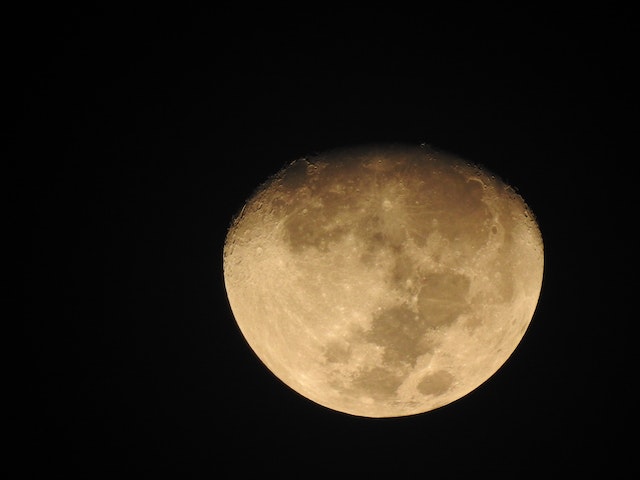The notion of a direct connection between lunar phases and earthquakes, often referred to as “moon madness,” has been a subject of interest and speculation. However, the scientific consensus is that there is currently no convincing evidence to support a consistent and significant relationship between lunar phases and the occurrence of earthquakes. Here’s what you need to know about exploring the connection between lunar phases and quakes:
1. Lack of Consistent Correlation: Numerous studies have investigated the potential correlation between lunar phases and earthquakes, but the results have been inconclusive and contradictory. While some studies have reported a weak association between specific lunar phases and earthquake occurrence, others have found no significant correlation.
2. Statistical Challenges: Determining a causal relationship between lunar phases and earthquakes is challenging due to the complex and multifactorial nature of seismic events. Earthquakes are influenced by various geological processes, including tectonic plate movements, fault interactions, and stress accumulation, making it difficult to isolate the influence of lunar phases alone.
3. Confirmation Bias: The concept of lunar phase influencing earthquakes has often been fueled by anecdotal observations or coincidental events. Confirmation bias, where people tend to focus on instances that support their beliefs and ignore contradictory evidence, may contribute to the perception of a connection between lunar phases and quakes.
4. Seismicity Patterns: Earthquakes occur globally and are not limited to specific lunar phases. Seismic activity is driven by tectonic forces, geological structures, and regional variations, rather than lunar cycles. Significant earthquakes can happen at any time, irrespective of the moon’s phase.
5. Large Earthquakes: Some studies have explored the possibility of a correlation between major earthquakes and lunar phases, but the findings have been inconsistent. Large earthquakes are infrequent events, and the available data do not provide strong evidence to establish a reliable link with lunar phases.
6. Scientific Consensus: The majority of the scientific community, including geophysicists and seismologists, do not support the idea of a direct and significant connection between lunar phases and earthquakes. The primary drivers of seismic activity are related to tectonic processes and geological forces rather than lunar influences.
While the connection between lunar phases and earthquakes continues to be debated, the prevailing scientific view is that the moon’s influence on seismic activity is minimal compared to other geophysical factors. Further research, data analysis, and advancements in seismology may provide more insights, but for now, the consensus remains that lunar phases do not play a substantial role in triggering earthquakes.




